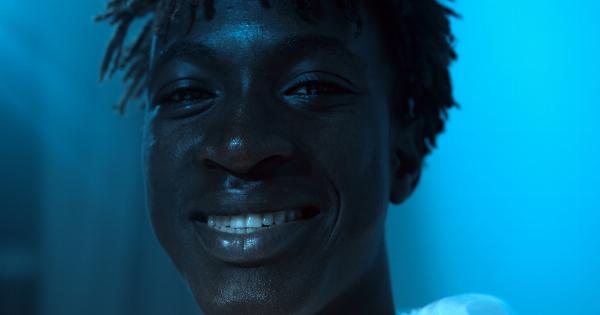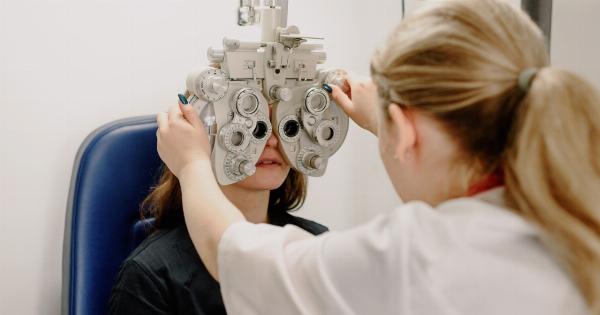When it comes to protecting your child’s eyes from the harmful rays of the sun, sunglasses are a must-have accessory.
Not only do they shield their eyes from the bright sunlight, but they also provide protection against harmful UV rays that can cause long-term damage. However, selecting the right sunglasses for your little one can be a daunting task. To help you out, we have put together this comprehensive guide with everything you need to know!.
1. Look for UV Protection
One of the most important factors to consider when choosing sunglasses for your child is UV protection. Make sure the sunglasses you pick offer 100% UVA and UVB protection.
This will ensure that your little one’s eyes are shielded from harmful radiation.
2. Opt for Polarized Lenses
Polarized lenses are a great option for children’s sunglasses as they reduce glare and provide better clarity. They are especially useful during outdoor activities like hiking, fishing, or spending time at the beach.
Polarized sunglasses help improve visibility and ensure optimal eye protection.
3. Check for Shatterproof Lenses
Kids tend to be active and prone to accidents. Choosing sunglasses with shatterproof lenses will ensure that even if they get dropped or bumped, the lenses won’t break into sharp pieces that can harm your child’s eyes.
4. Consider Frame Durability
Since kids can be rough with their belongings, it’s important to choose sunglasses with durable frames.
Look for frames made from materials like polycarbonate or rubber, as they offer excellent resistance to impact, making them ideal for active children.
5. Optimal Fit and Comfort
Proper fit is crucial for your child’s sunglasses to provide effective eye protection. Look for sunglasses that sit comfortably on their face without sliding off or pinching their nose or ears.
Adjustable straps or temples are an added bonus, as they can help customize the fit for your child.
6. Aesthetic Appeal
While protection and functionality are the primary factors, it’s also important to choose sunglasses that your child will enjoy wearing.
Let them be a part of the selection process, and opt for fun and colorful designs that match their personality and preferences.
7. Consider Wraparound Styles
Sunglasses with wraparound frames offer enhanced protection by blocking out peripheral sunlight. This design can be particularly useful during outdoor activities where the sun is lower on the horizon, like early morning or late afternoon outings.
8. Consult an Optometrist
If your child wears prescription glasses, it’s best to consult an optometrist for sunglasses. They can customize sunglasses with the necessary prescription, ensuring your child’s vision is not compromised while enjoying outdoor activities.
9. Teach Proper Handling
Teach your child how to handle their sunglasses with care. Encourage them to always put them in a protective case when not wearing them to prevent scratches or accidental breakage.
Additionally, remind them not to share their sunglasses with others to avoid potential infections or allergies.
10. Regularly Check for Damage
Make it a habit to regularly inspect your child’s sunglasses for any signs of damage. Check for scratches on the lenses or any loose or broken parts. If you notice any issues, replace the sunglasses immediately to ensure continued eye protection.
Conclusion
Now that you have this comprehensive guide, selecting the perfect sunglasses for your little one is a breeze. Remember to prioritize UV protection, durability, and a comfortable fit.
With these factors in mind, you can ensure optimal eye protection for your child while they enjoy their time outdoors.



























